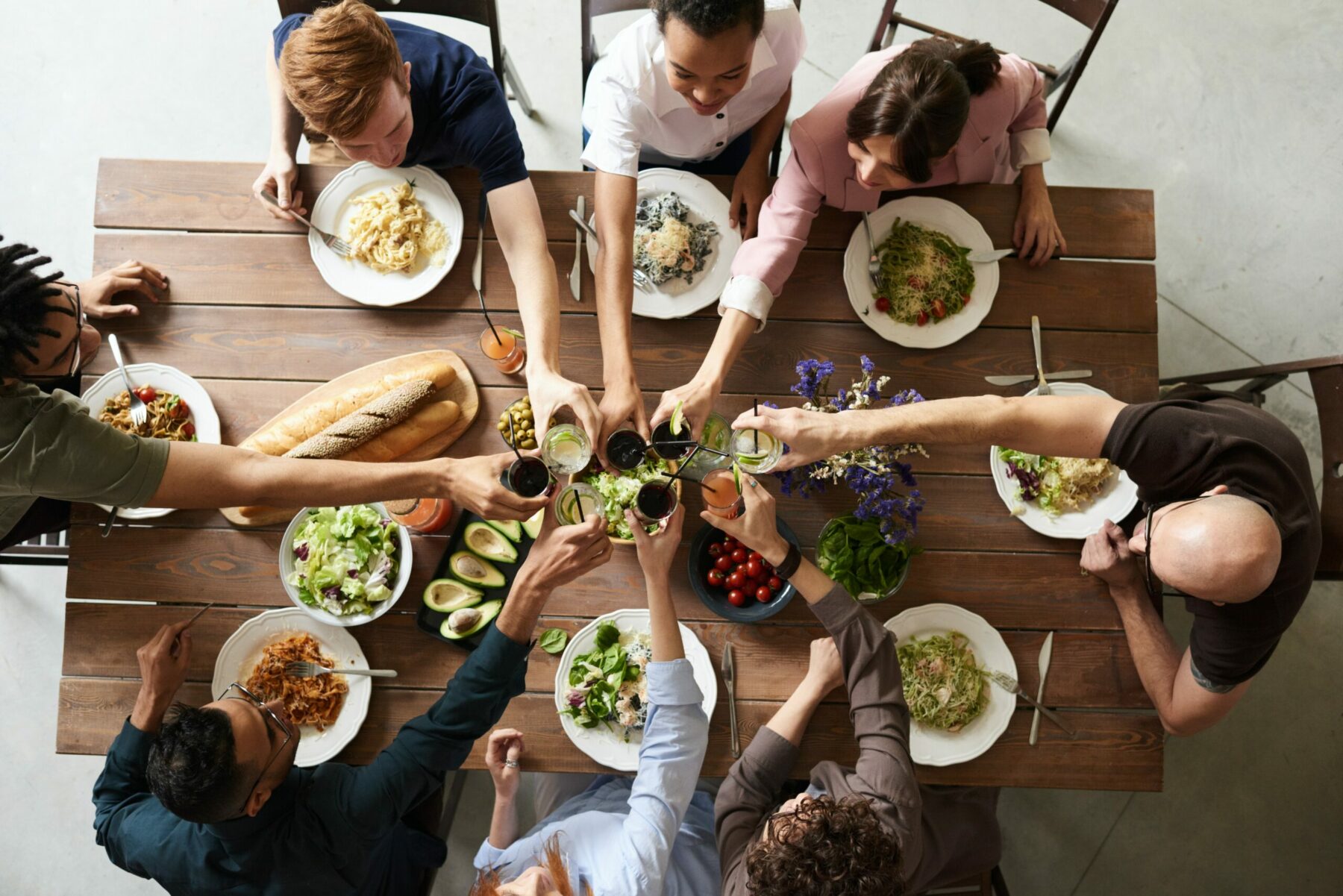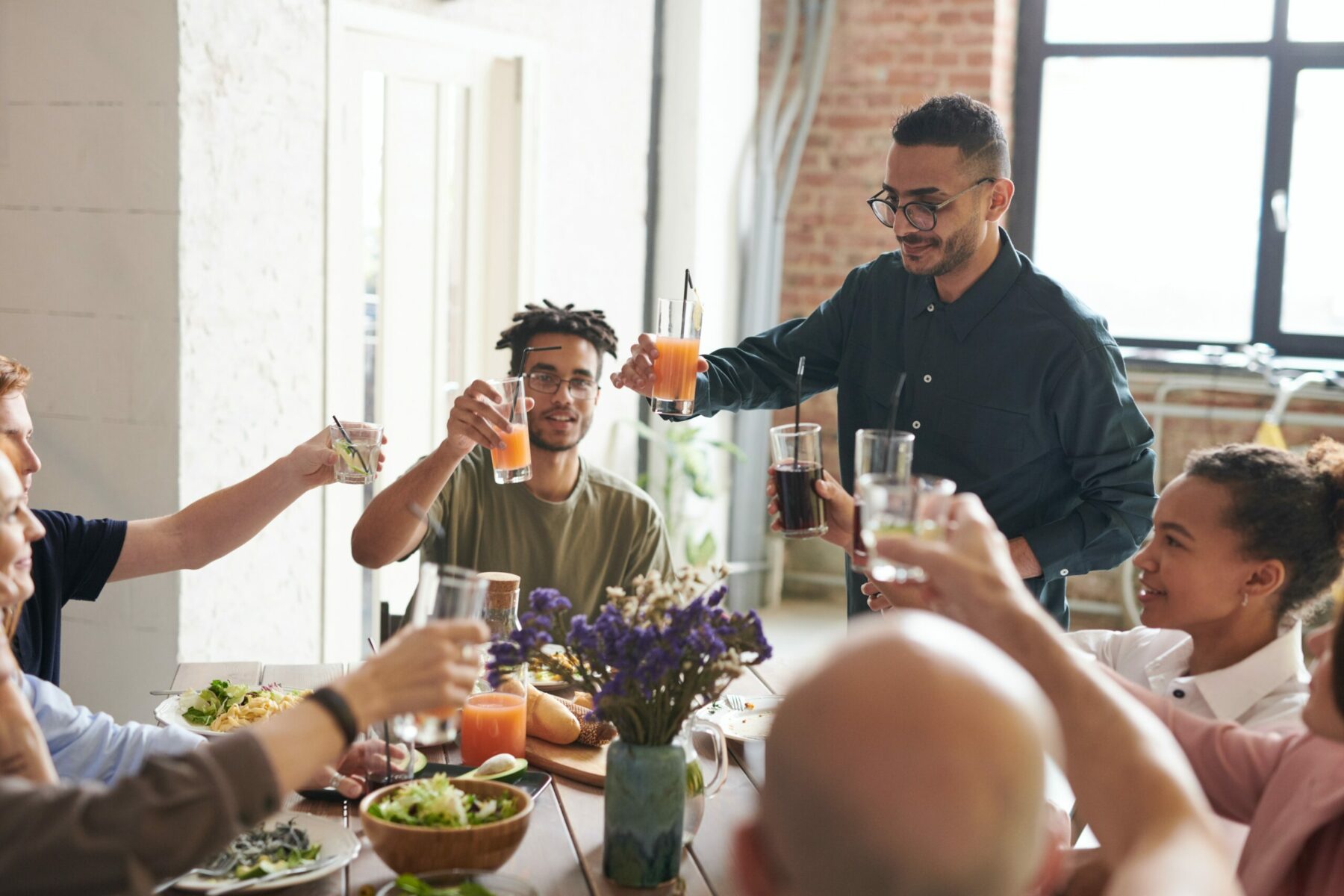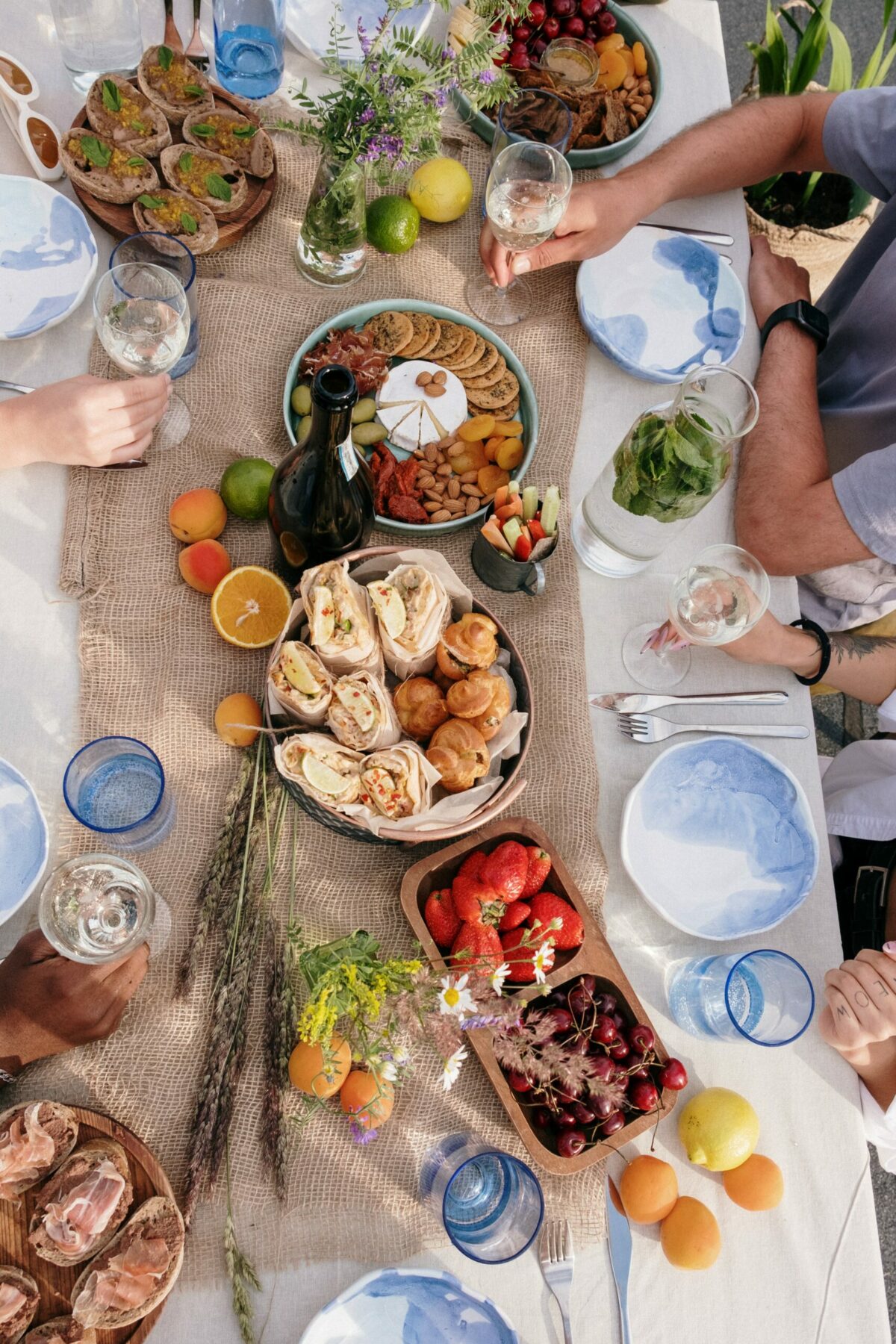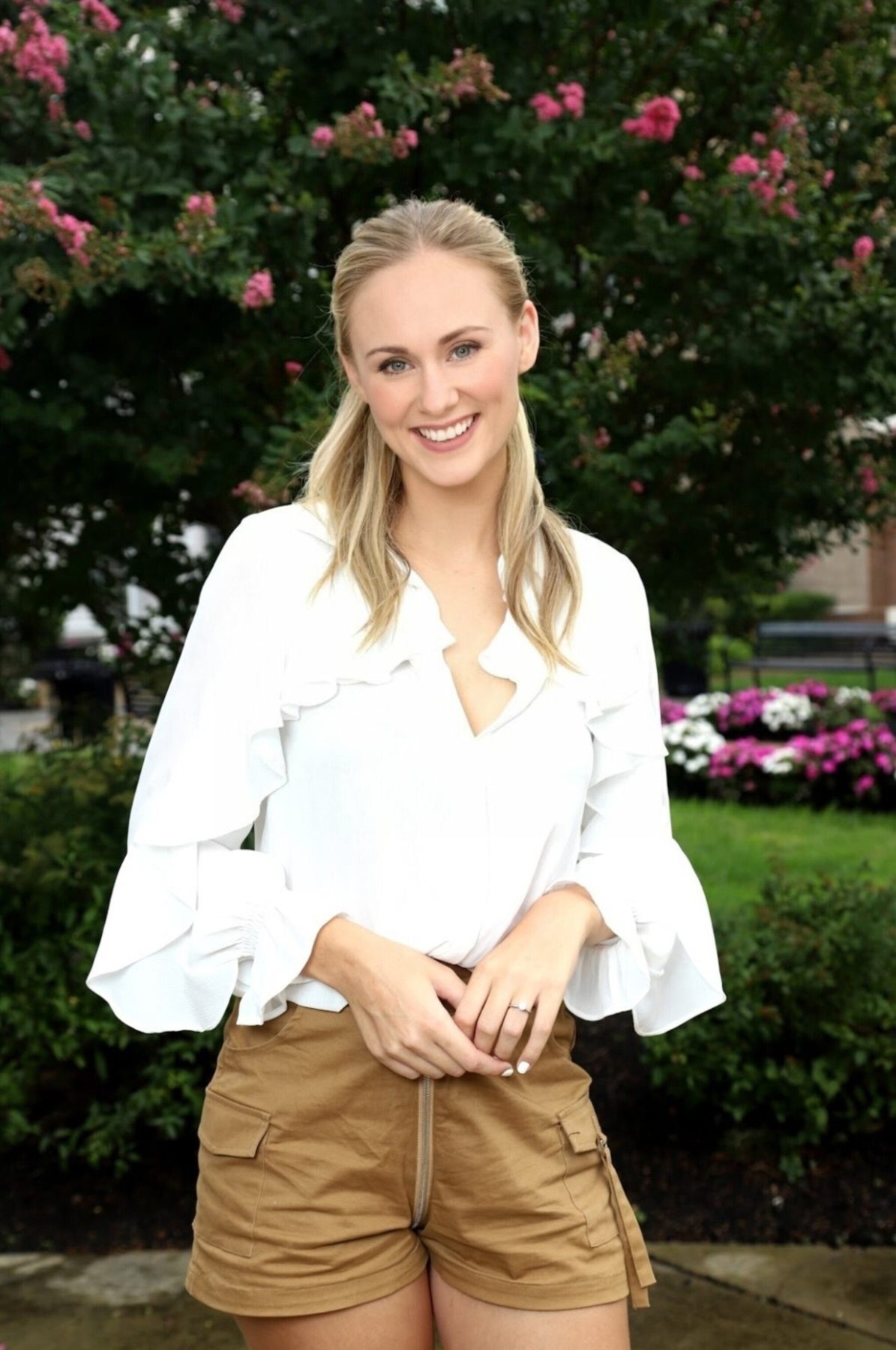5 Tips for Cooking For a Party When You Have Anxiety

If you love the idea of hosting a party but get too anxious about what could happen when you do, you’re not alone. Many people with anxiety avoid social situations where they’re front and center, including cooking for everyone.
The good news is some helpful advice can help you host a group and enjoy it. Here are five tips for cooking for a party when you have anxiety.
1. Simplify Your Menu
You can provide your guests with a healthy meal without a complicated or time-sensitive menu. Choose easy dishes to prepare like pasta, chili or soup. If you’ve prepared your main dish ahead of time, all you need to do is make some sides or an appetizer.
Fresh fruit and veggies with dips make great pre-dinner snacks, as does a cheese and cracker plate. You can also cut up some naan bread and serve it with store-bought hummus, carrots and pretzels. For sides, a quick salad with dressing options always does the trick. You can also toast up some bread to complement your meal.
Whatever you decide to serve, make it easy on yourself. Trying to prepare a fancy meal right before dinner is stressful for anyone and can quickly trigger your anxiety. You can’t go wrong with a meal that’s both delicious and easy to make.

2. Limit Your Guest List
If you get anxious in social situations, consider limiting your invitees. Don’t feel obligated to invite every friend or family member you know. Invite people you already feel comfortable around and eliminate anyone who puts pressure on you or stresses you out.
It’s your party and you control the guest list. If you get overwhelmed in large groups, consider sticking to several people you’re willing to have over at once. Pick the number you’re comfortable cooking for, and don’t let people pressure you into changing your mind.
You might not want to upset anyone, so you may feel tempted to invite everyone who might find out about the party to avoid hurting people’s feelings. In the end, the crowd causes an overwhelming feeling and you’re stuck with even more work. Being able to relax at your party is vital to everyone’s enjoyment, so it’s OK to set boundaries. You can always cook for the others at another time.
3. Provide Easy Entertainment
Just because you’re the one cooking doesn’t mean all eyes have to be on you. Provide your guests with simple entertainment that will break the ice and give them something to do while you put the final touches on your meal.
Have a new or popular television show or movie on TV, or set out some fun table games like checkers and tic-tac-toe. You can also set out drinks and glasses with snacks in a separate area for your attendees to hand out. These things will help time fly between their arrival and dinner, so you won’t feel as rushed.

4. Take a Breather
Allow yourself to separate from the group whenever your anxiety increases or you need some space. Hosting a meal can be fun and rewarding but also very overwhelming. A lot of attention will be on you, and you can’t really make an excuse to leave early from your own house.
Pick a nice and quiet room you keep separate from the rest of the party. If you need a break, go there to help calm your nerves and recharge your social batteries. It can be your bedroom, a bathroom or even the basement. Calmly excuse yourself before going there — no one will overthink it.
5. Accept Help
You may feel pressured to prepare everything on your own, but parties rarely happen that way. Feel free to accept offers to bring a dessert or help set the table. You can even have your friends brainstorm fun activities or dinner conversations.
Most people who offer to help genuinely want to, so why not let them? It enables you to share the spotlight and gives you fewer things to worry about while hosting. You can always thank those who helped later with any leftovers.
Cook for a Party Stress-Free
Cooking for a group of people can initially seem overwhelming, especially if you struggle with anxiety. By taking steps to make yourself more comfortable throughout the night, you can enjoy your hard work as much as your guests.
About the Author

Mia is a health and wellness writer and the Editor In Chief at Body + Mind. She specifically enjoys writing about women’s fitness, as well as mental health-related topics. When she’s not writing, Mia can usually be found reading poetry, taking a dance or cardio class, or hiking.






